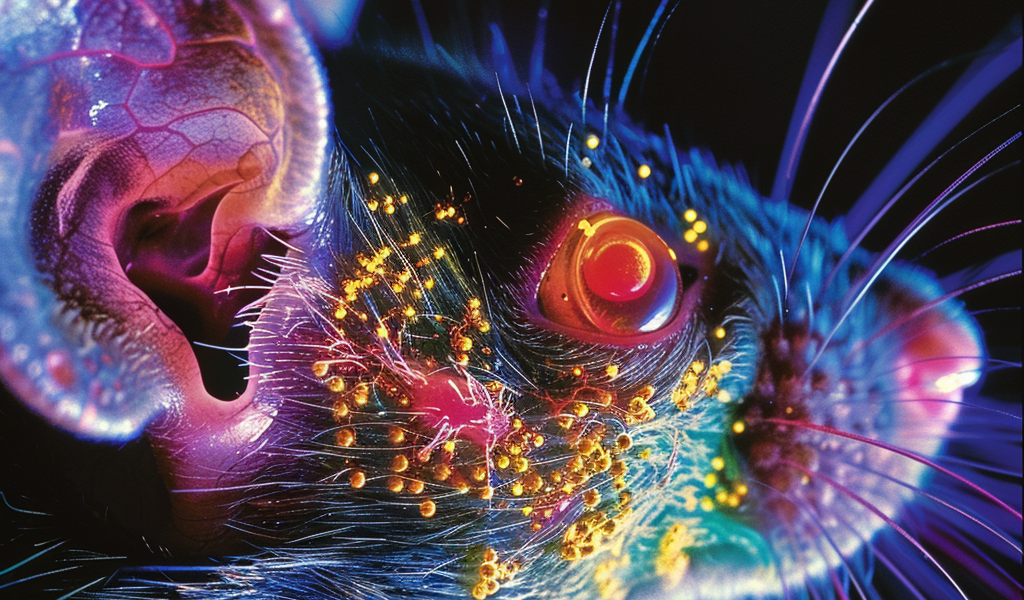A recent study conducted by the Michigan Medicine’s Kresge Hearing Research Institute has successfully achieved supranormal hearing in mice, shedding light on the potential causes of hidden hearing loss in humans. The researchers utilized a method involving the increase of the neurotrophic factor neurotrophin-3 in the inner ear, which had previously shown promise in aiding auditory responses in mice that had suffered acoustic trauma and enhancing hearing in middle-aged mice.
This groundbreaking study marks the first instance of implementing this approach in healthy young mice to enhance auditory processing beyond natural capabilities. By introducing Ntf3 to the inner ear of young mice, the researchers observed a significant rise in the number of synapses between inner hair cells and auditory neurons, ultimately leading to improved auditory processing abilities that surpassed normal thresholds.
Dr. Gabriel Corfas, the director of the Kresge Institute and leader of the research team, explained, ‘We now show that animals with extra inner ear synapses have normal thresholds but can process auditory information in supranormal ways.’
The study, titled ‘From hidden hearing loss to supranormal auditory processing by neurotrophin 3-mediated modulation of inner hair cell synapse density,’ was recently published in PLOS Biology. In this research, the scientists manipulated the expression of Ntf3 to enhance the number of synapses between inner hair cells and neurons, which play a crucial role in transmitting sound signals to the brain.
Two groups of young mice were examined in the study: one group with reduced synapses and another group, referred to as the supranormal hearing mice, with increased synapse density. The results of the study indicate that boosting the number of synapses has the potential to enhance auditory processing capabilities.
Dr. Corfas highlighted the broader implications of the findings, stating, ‘This molecule has the potential to improve hearing in humans facing similar situations, such as age-related hearing loss. The study suggests that regenerating synapses or increasing their numbers could significantly enhance auditory processing.’
Furthermore, both groups of mice underwent a Gap-Prepulse Inhibition test, a measure of their ability to process complex auditory information. The results of the study offer valuable insights into the potential for enhancing auditory processing abilities through targeted interventions at the synaptic level.





